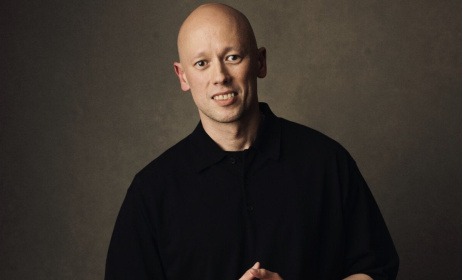Shaping the future of the continent’s music and media industry
While other regions are slowing down, Africa’s story is just beginning. The continent’s young, connected audience is reshaping how music is made, shared, and monetised.
Roughly 60% of the continent’s population is under the age of 25. Young people are the engine of music and media consumption globally. In Africa, for perhaps the first time, they are generally armed with smartphones that have become ubiquitous, more affordable internet access, and a deep hunger for content. Add to that the billions of dollars being invested in mobile broadband infrastructure across the continent, and you begin to see the shape of a market that is exploding.
According to the International Federation of the Phonographic Industry (IFPI), Sub-Saharan Africa is the fastest-growing recorded music market in the world, showing 24.7% year-on-year growth in 2023. That outpaces North America and Europe. The reason for this is simple. We have the youth, the devices, and the connectivity.
Keep adapting
But therein lies the challenge. Growth without guidance leads to chaos. That is why we, as an institution, have to evolve just as fast.
At Academy of Sound Engineering, we no longer update our curriculum once a year but refine it weekly, sometimes daily. Why? Because the industry is shifting in real time. Streaming platforms, new royalty models, digital audio workstations, licensing models, and lawsuits around AI and copyright have all become part of our world now. Our students need to understand these things on an immediate basis before they encounter them in the world.
Understanding the opportunities
So, what do tomorrow’s music and media professionals need to know?
First, technical proficiency. Home studios are everywhere now, but simply owning the gear does not make you a producer. You need to know how to capture, process, mix, and master audio that competes in a world where over 120 000 new tracks are uploaded to streaming platforms daily.
Second, musicality matters. You need to understand the language of music. Whether you are in a studio session or live performance, being musically literate gives you credibility and longevity.
And third, you must know the business aspects. This includes understanding things like copyright, contracts, and royalties. Too many brilliant young artists are being chewed up by bad deals because they did not know what they were signing. If you do not know what you are owed or how to claim it, then you will bleed income for years without even realising it.
Beyond South Africa, The Academy is also investigating how to extend its footprint into the rest of the continent, more so in Africa.
The AI elephant
Then there is AI, the new elephant in every creative room. Right now, generative AI is infringing copyright. The lawsuits are piling up. But here is the good news. We have seen this play out before. Just like the music industry beat piracy with legal frameworks and smart innovation, it can turn AI into the biggest royalty generator. However, for this to work, the industry must understand the legal aspects of AI, must tighten copyright law and must build more modern licensing models.
But here is what really keeps me up at night: the culture of “sign now, ask later.” Too many aspiring stars are so hungry for fame that they will sign anything. Later, when the reality sets in, they come asking how to get out of a contract that they never read. We need to understand that contracts are binding. If we want to see a thriving, fair music industry in Africa, we have to create a culture that respects copyright, understands contracts, values knowledge, and equips artists to protect what they create.
Africa is the future of music and media. But only if we build it with intention.
Nick Matzukis is the co-founder and head of music law at the Academy of Sound Engineering in South Africa. Matzukis writes in his personal capacity. The opinions and views expressed herein are solely his own and do not reflect the position or stance of the publication.




























Comments
Log in or register to post comments